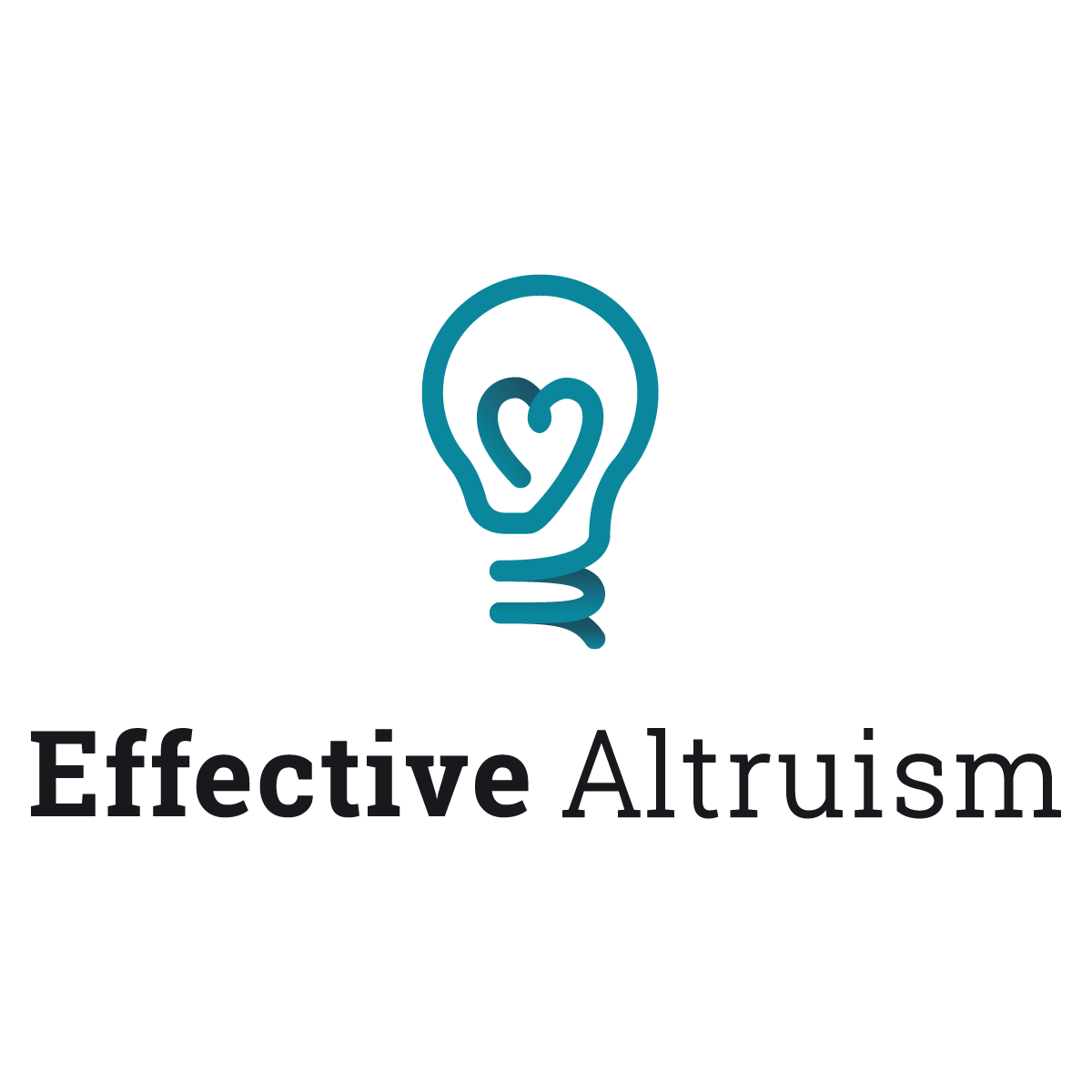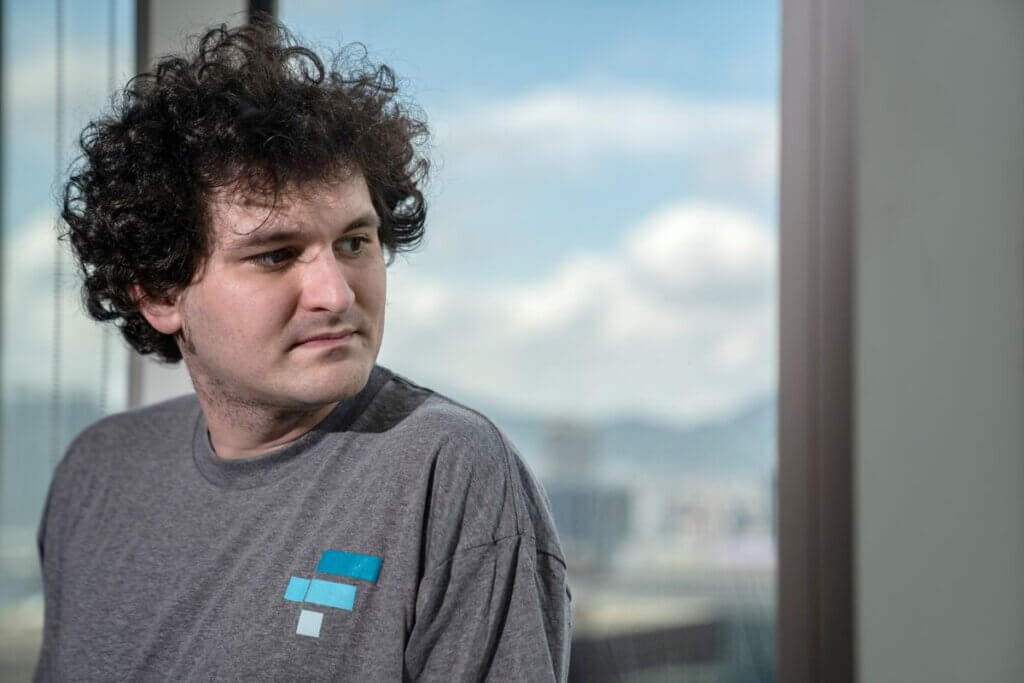Now that Sam Bankman-Fried can cause no further damage for at least the next two decades, or, if you wish, one score plus five, it might be interesting to evaluate his philosophical position. Bankman-Fried had adopted the philosophy of Effective altruism, to be referred to as EA as we carry on. Please do not feel bad if you have never heard of Effective altruism, as it seems to be a mantra of the nouveau riche, and if you were to be a member of the nouveau riche, your advisors would have probably already told you of it. Effective altruism has been embraced by the “early adopters” such as Bankman-Fried and other high-tech billionaires who philosophically love new ideas, especially when said ideas make them wealthy, although I would wager they haven’t read Descartes or Nietzsche. After all, if you are among the nouveau riche, a new philosophical position is probably warranted, as the older philosophical positions no longer fit in our Digital Age.
So what is Effective Altruism., or EA? From Google: “Effective altruism (EA) is a 21st-century philosophical and social movement that advocates “using evidence and reason to figure out how to benefit others as much as possible, and taking action on that basis.” People who pursue the goals of Effective altruism, sometimes called effective altruists, may choose careers based on the amount of good that they expect the career to achieve or donate to charities based on the goal of maximizing positive impact. They may work on the prioritization of scientific projects, entrepreneurial ventures, and policy initiatives estimated to save the most lives or reduce the most suffering.”
Gideon Lewis-Kraus said in The New Yorker, (December 1, 2022): “Critics of E.A. have delighted in Schadenfreude, as if the mask of optimized benevolence has slipped to reveal the naked will to power. When Bankman-Fried participated in a direct-message interview with Vox’s Kelsey Piper, earlier this month, his casually dismissive comments about ‘ethics’ were immediately taken as confirmation that E.A. was a sham—a convenient alibi for greed and the lust to dominate.”
With exception of the last quote, the quoted material is from Lewis-Kraus’s article. To the press, the image of Bankman-Fried was that “ he drove a beat-up Toyota Corolla, slept on a beanbag, and had nine roommates.” This was the example of his frugal and charitable lifestyle, i.e. good PR. In fact, however, “Bankman-Fried and his roommates were living in a forty-million-dollar penthouse in a gated community in the Bahamas—part of a total local property portfolio worth an estimated three hundred million dollars.”
Bankman-Fried also had a private jet, and how that benefitted starving children is anyone’s guess. Certainly, S.B.F. also was considering the starving children when, according to local restaurant workers, he allegedly “spent thousands of dollars a day on fancy catered lunches for his company.” Josh Morrison posted on the E.A. Forum that: “I think virtue tends to be very situationally dependent and that very admirable people can do bad things and deceive if it’s in their interest to do so.”
So, you’re a good person, when it is situationally beneficial for you to be one. Similarly, you tell the truth, when it is in your interest to do so. EA sounds like unethical people rationalizing what they do, soothing their consciences with rationalizations supplied by EA. They figure out how to make themselves super-wealthy, and then use EA to rationalize what they have done. Give me a billion dollars and I will donate millions to those who need help, with, of course, the accompanying tax deductions as allowed. While the fathers of high-tech pat each other on the back, there is no question that, as they have made life easier, they have just as much made crime easier as well. But that’s alright since they simply make more money off the proletarian masses and the idle rich class by protecting them from the criminals who use the very software that the super-wealthy computer gurus devised.
EA is, at best, selective altruism, which is more like regular people. But people such as Sam Bankman-Fried, once worth billions, now worth nothing, can afford the accolades of people who are paid to praise them and urge them on. I wonder if EA has a prison division?










